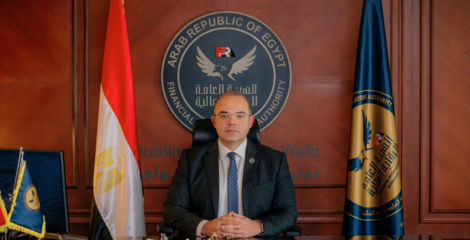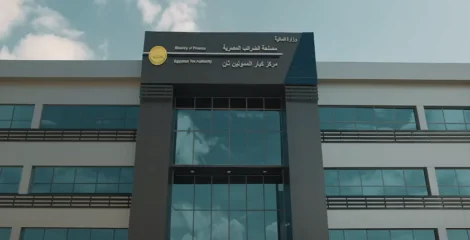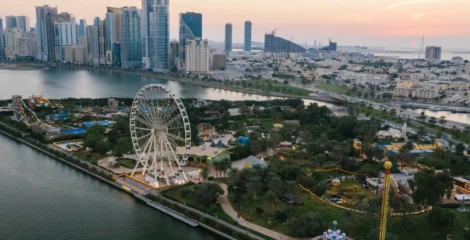• Comprehensive Support Package: The European Investment Bank (EIB) has announced substantial financial aid package totaling €450 million ($480 million) to support Tunisia amid its severe crisis.
• Focused Economic and Social Development: As the investment arm of the European Union, the EIB is directing “new financial support” to Tunisia, with an emphasis on projects that make a significant impact on the population and foster economic and social development.
• Substantial SME and Infrastructure Funding: The financial package includes a dedicated €170 million credit line specifically for micro, small, and medium-sized enterprises, which constitute 90% of Tunisia’s businesses and employ 60% of its workforce.
The European Investment Bank (EIB) announced a package of grants and loans worth €450 million ($480 million) to support Tunisia, which is currently facing a severe crisis.
This funding is aimed at aiding small and medium-sized enterprises (SMEs) and infrastructure projects. As the investment branch of the European Union, the EIB is extending “new financial support” to Tunisia, focusing on projects that significantly impact the population and contribute to the country’s economic and social development.
Ioannis Tsakiris, the EIB’s new vice president responsible for financing in the Maghreb region. highlighted that the funds will be crucial for job creation, innovation stimulation, and promoting equitable development benefiting all Tunisians.
The financial package includes a €170 million credit line for micro, small, and medium-sized enterprises, which represent 90% of Tunisia’s businesses and employ 60% of its workforce. Additionally, €210 million will be allocated to develop a key route between Tunisia’s second-largest city, Sfax, on the eastern coast, and the underserved Kasserine region in the west. Furthermore, a €45 million loan will support the ELMED electricity linkage project between Tunisia and Italy.
Tunisia is grappling with escalating financial problems, with debt reaching 80% of GDP and increasing unemployment and poverty.
The situation has deteriorated since President Kais Saied’s power consolidation in July 2021, leading to stalled negotiations with the International Monetary Fund (IMF) for a $2 billion loan, as Saied refuses to implement the IMF’s required reforms. This crisis has driven many Tunisians to undertake dangerous Mediterranean crossings in search of better opportunities in Europe.
If you see something out of place or would like to contribute to this story, check out our Ethics and Policy section.














